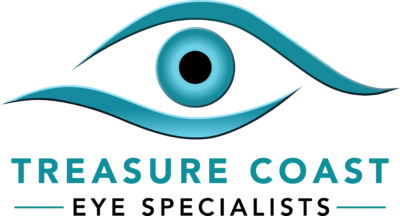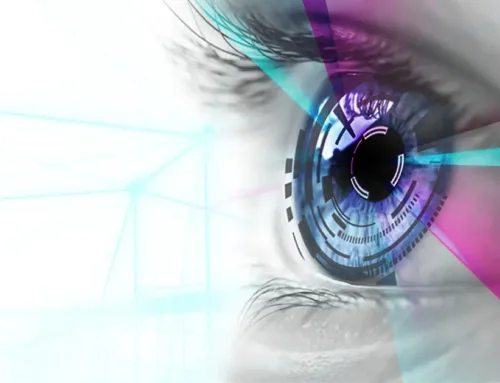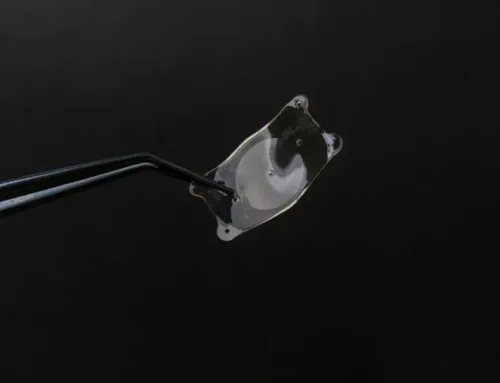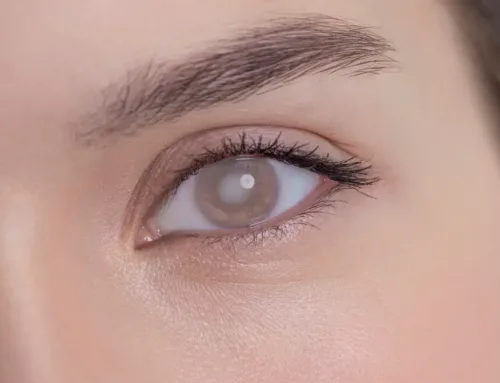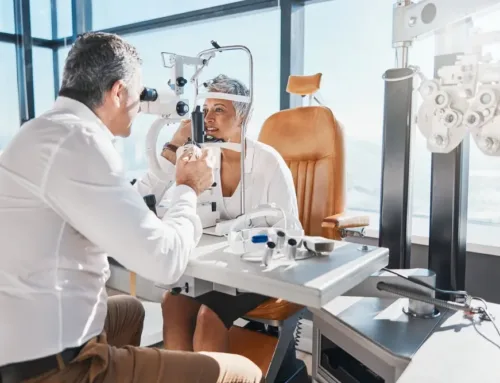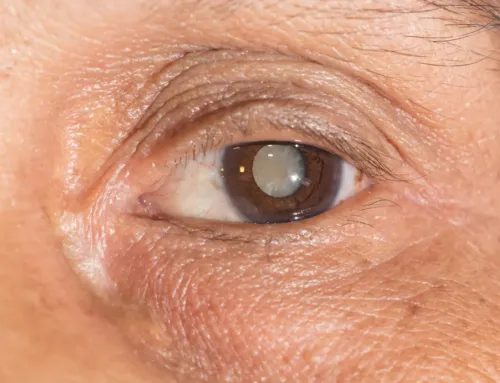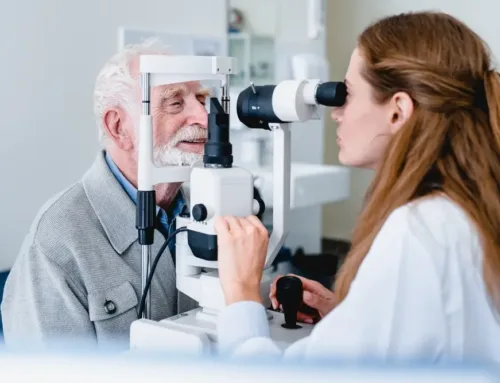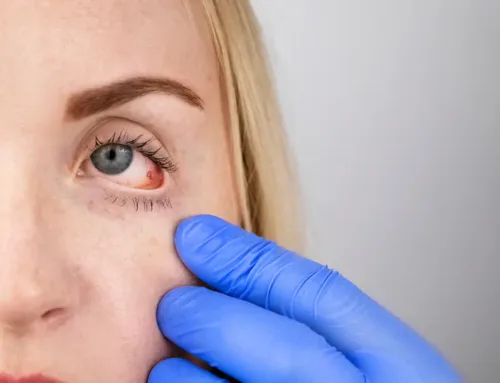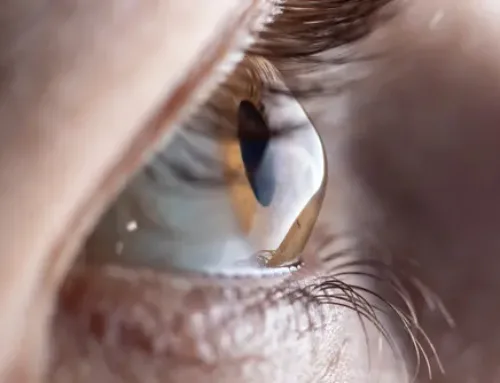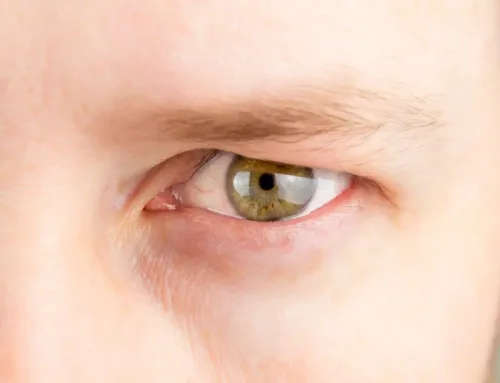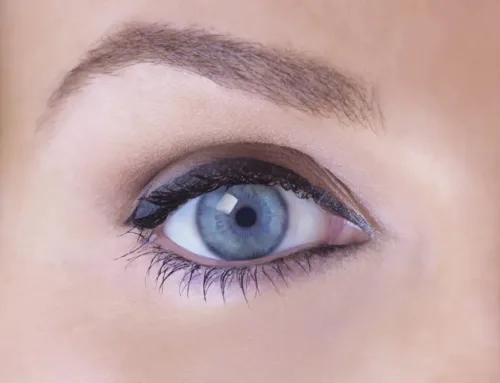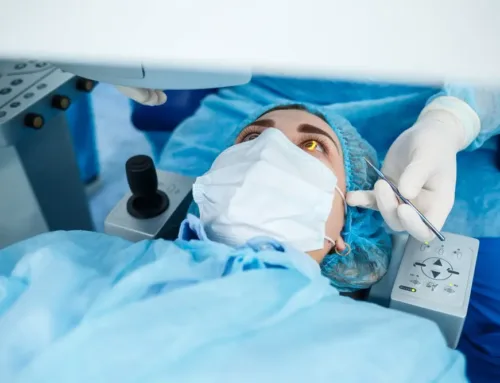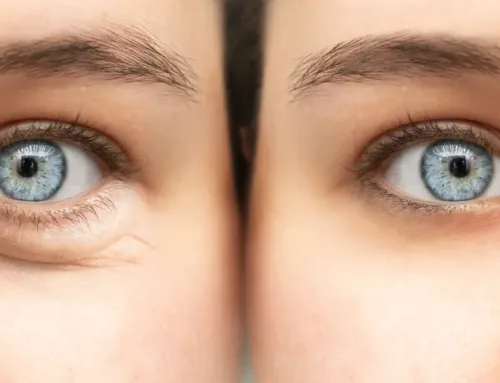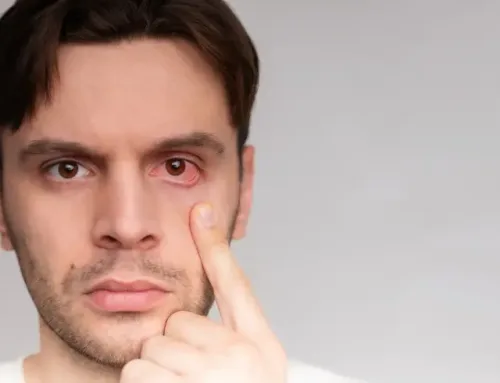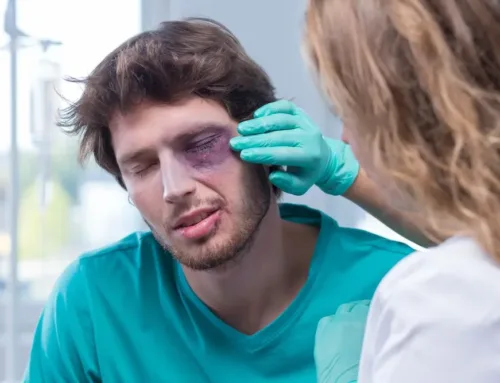Glaucoma. You’ve probably heard of it, but how much do you really know about this condition? Many people are surprised to learn that glaucoma isn’t a single eye disease, but rather the name was given to a group of eye conditions that cause damage to the optic nerve, which is responsible for sending messages between the eyes and brain. One of the key defining characteristics of glaucoma is excessive intraocular pressure, which is usually responsible for the damage to the optic nerve. 
Symptoms Of Glaucoma
One of the biggest challenges with detecting glaucoma is identifying symptoms of the condition. This is because glaucoma normally develops extremely slowly, usually over a course of years rather than weeks or months. That is also one of the reasons an ophthalmologist recommends annual examinations so they have a higher probability of catching the progression of the disease before it has done damage. The peripheral vision becomes the first thing to be affected, and this may be accompanied by blurred vision and seeing rainbow halos around lights.
If you are unfortunate enough to be one of the small percentages of people who develop rapid-onset glaucoma, other symptoms will appear suddenly and without warning. These could include:
- Intense eye pain
- Red eyes
- Headache/migraine
- Nausea and/or vomiting
- Tenderness in the area around the eyes
- Blurred vision
- Rings around lights
Rapid-onset glaucoma is a medical emergency and you should make an urgent appointment to see your eye doctor. This is because any vision loss as a result of glaucoma is permanent.
Treatment For Glaucoma
Before you can start any treatment for glaucoma, your eye doctor will need to confirm your diagnosis. This can be done using a series of tests. We are pleased to be able to use the latest automated technology to accurately and comprehensively test your peripheral vision to see if it has been affected. Our state-of-the-art equipment can also be used to painlessly evaluate nerve tissue damage that may have occurred as a result of glaucoma.
Your eye doctor will also need to confirm which type of glaucoma you are experiencing as this will affect which treatment you are offered. Rapid-onset glaucoma needs much faster and more aggressive treatment to prevent any further vision loss.
Most patients with slow-developing glaucoma can be treated using medicated eye drops that lower the intraocular pressure, stopping any more damage being done to the optic nerve. Eyedrops are painless, non-invasive, and very effective. However, if eye drops aren’t successful, or if you have rapidly progressing glaucoma, you may be referred for laser or surgical procedures to reduce the pressure inside the eyes instead.
Laser technology can also be used for patients that don’t tolerate drops, aren’t compliant with daily dosing, or even to reduce dependence on drops. In more extreme cases other surgical procedures may be required to manage the disease.
If you are concerned about glaucoma & want more information on treatment for glaucoma, our dedicated team of eye care specialists would be happy to help. Please contact Treasure Coast Eye Specialists in Port St. Lucie and Stuart, Florida today at (772) 400-2400 and (772) 286-0007 to schedule an appointment.

